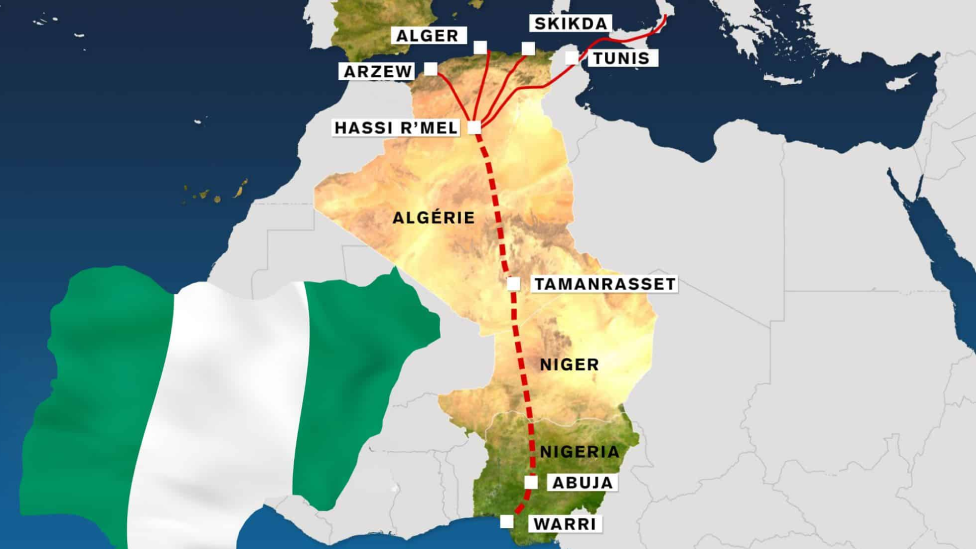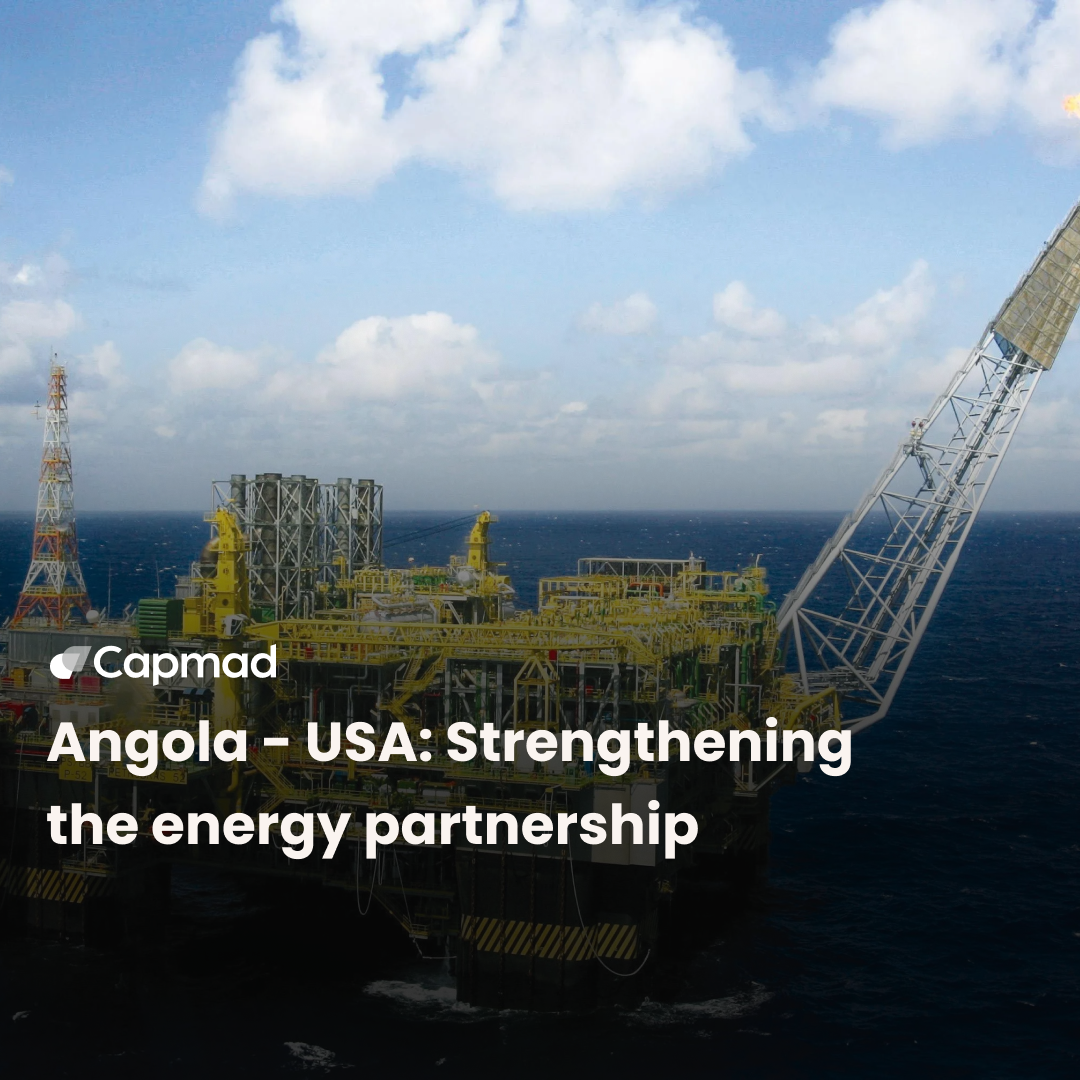The conflict between Russia and Ukraine is significantly impacting the energy sector, compelling European countries to seek alternative sources of both non-renewable and renewable energy. As a result, Europe is increasingly looking to Africa to meet its energy demands. However, the African states with the largest reserves of conventional energy are often plagued by instability, which limits access to these vital resources.
Encouraging Americans and Europeans to invest in North Africa
As Europe transitions to green energy, it should invest in helping African states overcome barriers to using their sustainable and renewable resources. European political leaders should support these efforts with financial backing to strengthen investor relations with African countries.
Morocco and Algeria are key nations that can assist Europe in achieving these goals. Both countries possess abundant renewable energy resources, including solar, wind, and hydropower, which can be harnessed to produce green hydrogen, a renewable energy source already attracting European investment. However, the infrastructure needed to produce and transport green hydrogen is extensive. Political challenges, such as the strained relations between Morocco and Algeria and Algeria’s ties with Russia, also pose significant obstacles.
Investing in the renewable energy sector can help improve these political relations and advance Europe’s economic and political objectives with its African partners.
Africa can benefit from the European Green Pact
Africa hosts a significant number of non-nuclear renewable energy systems, including bioenergy, hydroelectricity, solar photovoltaics, and wind power. In 2022, these sources accounted for less than 10 % of Africa’s total electricity production. Most electricity produced in Africa is still generated from fossil fuels such as oil, natural gas, and coal. Nigeria, Algeria, and Libya are pivotal in the natural gas and crude oil markets, boasting the largest reserves and highest export levels of these fossil fuels in Africa.
The European Union recognizes this trend and is moving away from fossil fuels to meet its goal of zero net greenhouse gas emissions by 2050, as outlined in the Green Pact for Europe. This plan includes a segment on transitioning to clean energy, addressing Europe’s reliance on conventional African energy and emphasizing the importance of “ensuring a secure energy supply for the EU”.
Oil from Nigeria to Europe: Complex case
Nigeria possesses vast fossil fuel resources, but their exploitation is currently limited. As of mid-2022, the EU imported 14 % of its annual liquefied natural gas (LNG) from Nigeria. However, the EU desires increased imports, yet faces challenges due to pipeline security issues and outdated infrastructure, which have hindered production. Consequently, the quantity of Nigerian LNG exported to Europe has decreased over the past two years.
Despite these challenges, two significant projects aimed at transporting Nigerian natural gas to Europe have been approved. However, the successful completion and operation of these projects hinge on increased local gas production and the establishment of new regional gas infrastructures. Unfortunately, the deployment of these infrastructures is impeded by instability in the Sahel and broader West African region.
Several West African countries have made efforts to develop the necessary infrastructure to better utilize Nigeria’s natural gas supply. However, these initiatives are constrained by regional instability, exemplified by challenges faced by specific projects in the region.
Nigeria-Morocco gas pipeline : West African crossing
The second project, the Nigeria-Morocco Gas Pipeline (NMGP), aims to transport Nigerian gas across multiple countries including Benin, Togo, Ghana, Côte d’Ivoire, Liberia, Sierra Leone, Guinea, Guinea-Bissau, Gambia, Senegal, and Mauritania. Subsequently, the gas will travel from Morocco to Spain through the existing Maghreb-Europe pipeline. However, the project faces several challenges that could impact its success, such as high costs and the absence of a clear timeline. The extensive geographical scope of the project poses difficulties in coordinating transfers between different phases, adding to the complexity of implementation.
Trans-Saharan gas pipeline
In July 2022, Algeria, Nigeria, and Niger signed a memorandum of understanding for a trans-Saharan gas pipeline project, if it succeeds, it would provide Europe with potential alternatives to Russian energy.
The project involves transporting gas from Nigeria through Niger to Algeria, and then further to Italy via the Transmed undersea pipeline. Operational projections indicate that the pipeline could be fully operational by 2030, contingent upon peaceful resolution of social and political issues in the region.









